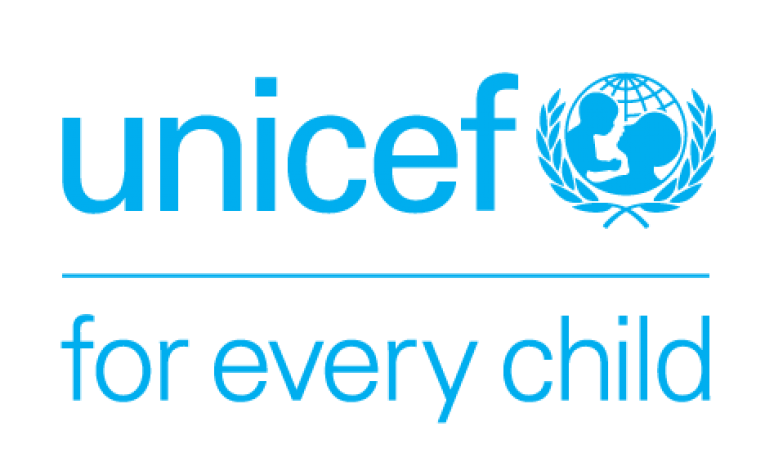Nearly 22 million children in South Asia miss out on early education in critical pre-school year due to COVID-19: UNICEF
At least 40 million[1]children worldwide, of which nearly 22 million[2]are from South Asia, have missed out on early childhood education in their critical pre-school year as COVID-19 shuttered childcare and early education facilities, according to a new research brief published today by UNICEF.
Produced by UNICEF’s Office of Research – Innocenti, the research brief looks at the state of childcare and early childhood education globally and includes an analysis of the impact of widespread COVID-19 closures of these vital family services.
“Children are among the hardest hit by the COVID-19 pandemic in South Asia. Prolonged school closure and limited access to distant learning has deprived children of their universal right to education,” said UNICEF Regional Director for South Asia, Jean Gough. “Childcare and early childhood education is foundational in helping children reach their full potential. Failing to act now will jeopardize the futures of millions of children in the region.”
Childcare in a global crisis: The impact of COVID-19 on work and family life notes that lockdowns have left many parents struggling to balance childcare and paid employment, with a disproportionate burden placed on women who, on average, spend more than three times longer on care and housework than men.
The closures have also exposed a deeper crisis for families of young children especially in low- and middle-income countries, many of whom were already unable to access social protection services. Childcare is essential in providing children with integrated services, affection, protection, stimulation and nutrition and, at the same time, enable them to develop social, emotional and cognitive skills.
Before the COVID-19 pandemic, unaffordable, poor-quality or inaccessible childcare and early childhood education facilities forced many parents to leave young children in unsafe and unstimulating environments at a critical point in their development, with more than 35 million children under the age of five globally sometimes left without adult supervision. For South Asian countries with available data, the proportion can range from under 10% in the Maldives, to close to 30% for Nepal.
Out of 166 countries, less than half provide tuition-free pre-primary programmes of at least one year, dropping to just 15 per cent among low-income countries. In South Asia, apart from Afghanistan which does not have a public early childhood education program currently running, all countries provide at least one year of free pre-primary education. However, many private early childhood education centers have mushroomed in the region, accounting for a significant proportion of overall enrolment in some countries like Sri Lanka, where more than 80% of pre-primary centers are either private or NGO-run.
Many young children who remain at home do not get the play and early learning support they need for healthy development. In 54 low- and middle-income countries with recent data, around 40 per cent of children aged between 3 and 5 years old were not receiving social-emotional and cognitive stimulation from any adult in their household.
Lack of childcare and early education options also leaves many parents, particularly mothers working in the informal sector, with no choice but to bring their young children to work. More than 9 in 10 women in Africa and nearly 7 in 10 in Asia and the Pacific work in the informal sector and have limited to no access to any form of social protection. Many parents become trapped in this unreliable, poorly paid employment, contributing to intergenerational cycles of poverty, the report says.
Access to affordable, quality childcare and early childhood education are critical for the development of families and socially cohesive societies. UNICEF advocates for accessible, affordable and quality childcare from birth to children’s entry into the first grade of school.
The research brief offers guidance on how governments and employers can improve their childcare and early childhood education policies including by enabling all children to access high-quality, age-appropriate, affordable and accessible childcare centres irrespective of family circumstances.
The guidance also outlines additional family-friendly policies including:
- Paid parental leave for all parents so that there is no gap between the end of parental leave and the start of affordable childcare;
- Flexible work arrangements that address the needs of working parents;
- Investment in the non-family childcare workforce including training;
- Social protection systems including cash transfers that reach families working in non-formal employment.
“It takes a village to raise a child. Parents and caregivers are undoubtedly feeling the stress from juggling work, household duties and childcare. Governments and employers must play their part to help ensure proper childcare and access to education.” Said Jean Gough.

